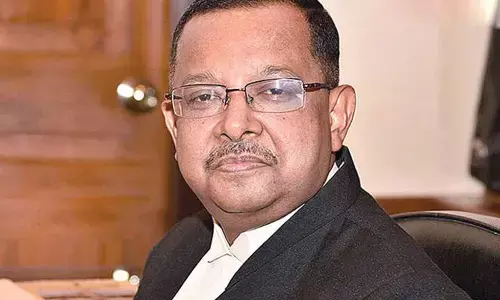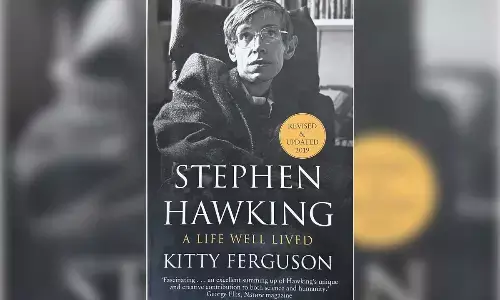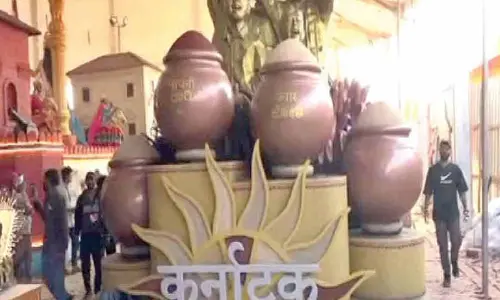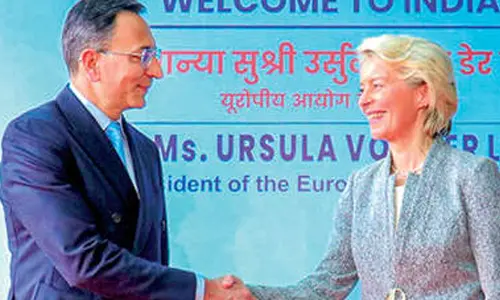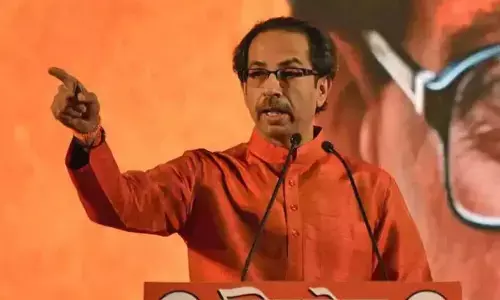Transformative scenario of woman in India
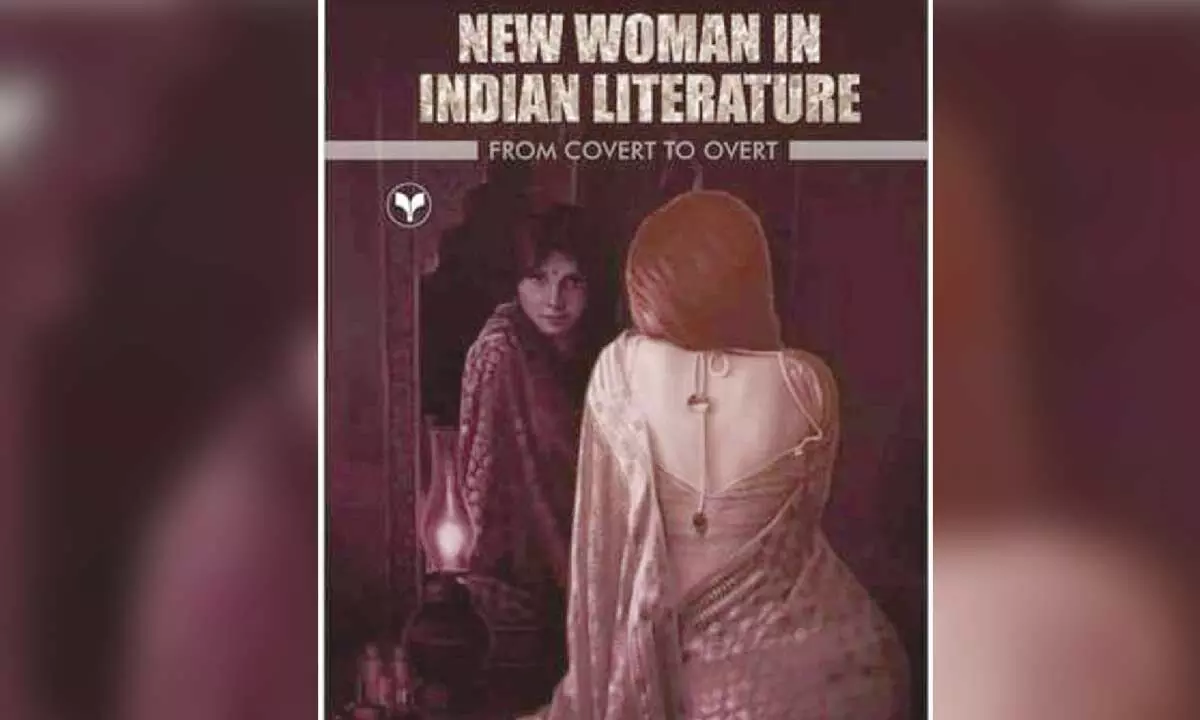
Dr. Dipak Giri is an author, editor and critic from Cooch Behar, West Bengal, India. He has done a remarkable job in highlighting the characteristics and behavioural patterns of women in India in his book ‘New Woman in Indian Literature: From Covert to Overt’, a publication of Vishwabharati Research Centre, Latur, 2018. A collection of essays on the transformative scenario of woman in India particularly while, at times, it hints at the dilemma and societal status of women in general. It is a noteworthy endeavour when one looks at the comprehensive collection of twenty-six essays, on the situational perspectives and status women enjoy or confront in the society as a whole.
Dr. Giri’s book in many respects is unique in concept and execution for it brings together various aspects of existential conflicts the ‘New Woman’ confronts boldly and emerges as a champion, in the incessant argumentative fight she is engaged in social, economic, political and intellectual fields of life. To come out of the traditional bondages and mark presence in contemporary social setup facing multiple worrying problems she meets head-on in the complex modern system where assaults carry personal and collective obligations. Such issues crop up in various essays. Relations in the family and society are many a time unreasonable, and she has to fight for individual space and time. For instance, Shobha De’s Karunathe brave woman struggles hard to obtain her decent position in society. One gets a scary, truthful and in-depth preview of the mental health of Akhila in ‘Ladies Coupe’ of Anita Nairwhen she delineates the path and moves out of bondages of family and goes on to realise ‘the self’ and shatters the manufactured principles that are the results of male dominated social structure.
Analysis of most of the novels throws light on the life of women likely to improve in future. Manju Kapur, Ismat Chughtai, Divakaruni, Shobha De Githa Hariharan, Nayantara Sahgal, Arundhati Roy, Bharati Mukherjee, Anita Nair, Shashi Deshpande are prominent authors among others whose works are subjects of discourses in the critical narratives that emphasise issues emerging New Women confront in contemporary life. An unforgettable and thought-provoking Poem “I Am Not That Woman” of Kishwar Naheedand a passionate study of poems of Kamala Das adds uniqueness to the wonderful collection of essays Dr. Giri has edited so well.
The way Dr. Giri has made the comprehensive attempt and ascertained critical and impartial views of academics, teachers, scholars and free lancers on ‘New Woman in Indian Literature’ whether familiar or indistinctly known is laudable. Undoubtedly, a notable and extraordinary contribution to the study of status and mounting authority of New Woman in India encompassing all wings of life in totality it is. It is amazing Dr Giri – it is a grand effort to immortalise the role of New Woman in uncertain and unsteady age.
(P C K Prem, former civil servant and member of the Himachal Public Service Commission, is an Indian poet, novelist, short story writer, editor and critic, writing in English and Hindi)










